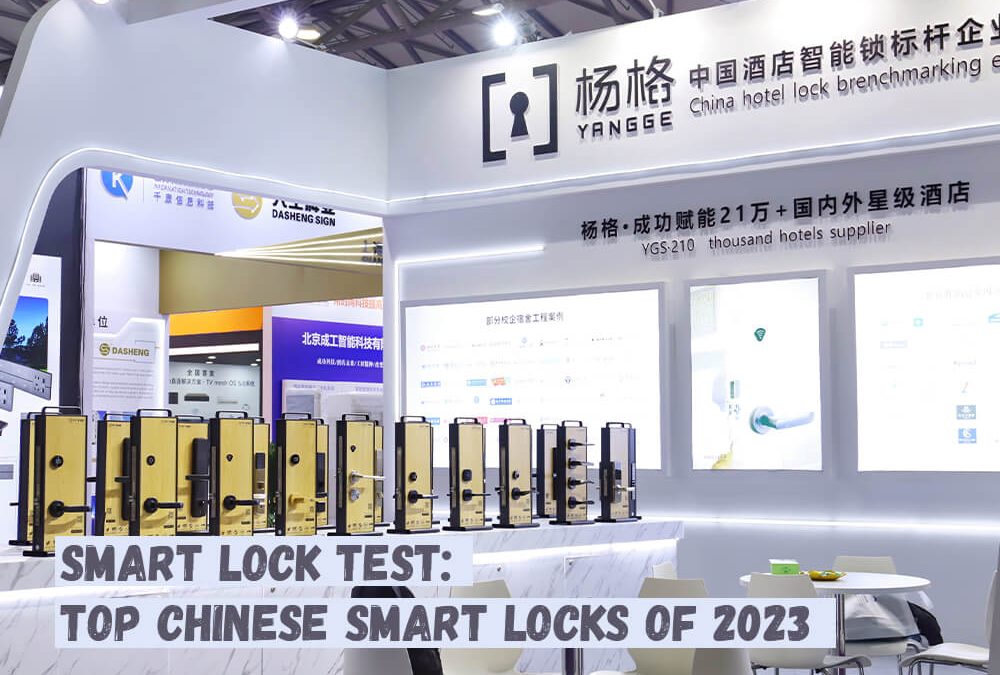Smart locks have completely revolutionized the way we protect our homes and businesses, offering convenience, enhanced security, and remote control capabilities. With the increasing demand for intelligent lock technology, evaluating their performance and reliability has become crucial. This article primarily explores the standards and factors involved in smart lock test, enabling users to better assess the quality of smart door locks and make informed purchasing decisions.
Additionally, we delve into popular Chinese smart door lock brands and their featured products in 2023. Furthermore, we provide answers to some commonly asked questions about intelligent locks that people are concerned about. Our aim is to alleviate any doubts you may have and provide essential information to help you make wise decisions.
In recent years, smart locks have become one of the most popular smart home products in the field of smart homes. Numerous lock brands, internet companies, and traditional home appliance companies have invested in the research and development of smart locks. So, what are the necessary tests for a smart lock to be considered a qualified product? The following factors and standards are provided for your reference:
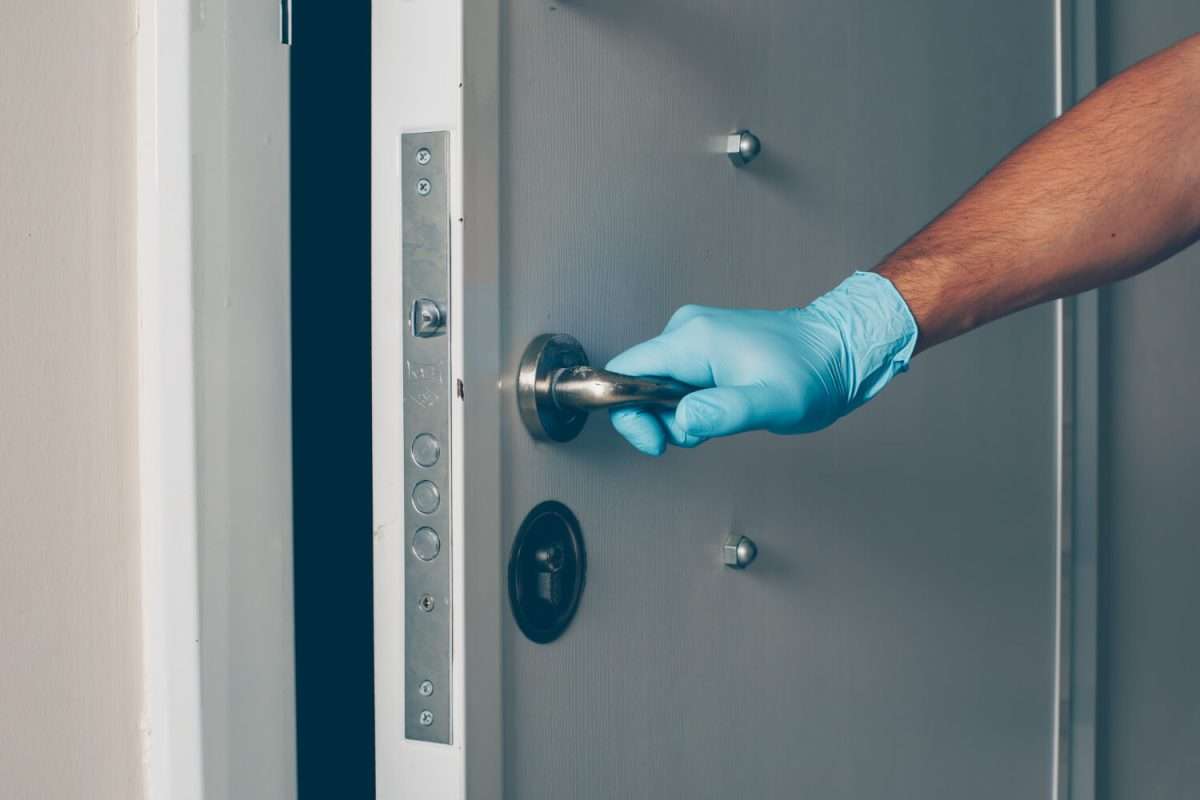
A. Security Testing
The key function of a door lock is to protect the security of your personal space. Therefore, security testing is one of the most critical steps before a smart door lock leaves the factory. Evaluating the security of your smart lock should include the following aspects:
- The encryption algorithm strength testing.
When evaluating the strength of the encryption algorithm used by the smart lock, several key factors should be considered. Identify the encryption standards implemented by the smart lock, such as AES or RSA. And verify the specific encryption protocols and key lengths used. It is also important to evaluate the smart lock’s resistance to password attacks (such as brute force attacks or dictionary attacks).
Furthermore, proper key management is crucial, including secure key generation, distribution, and storage. Regular firmware updates and vulnerability patches ensure continuous protection for your smart door lock system.
- Physical security testing.
Evaluate the security features of the smart door lock, such as fire resistance and anti-prying capabilities. Fire resistance testing should include continuous burning and gap deformation tests to test the fire resistance integrity of the product. And use cotton pad testing to observe fire resistance performance, and temperature rise testing.
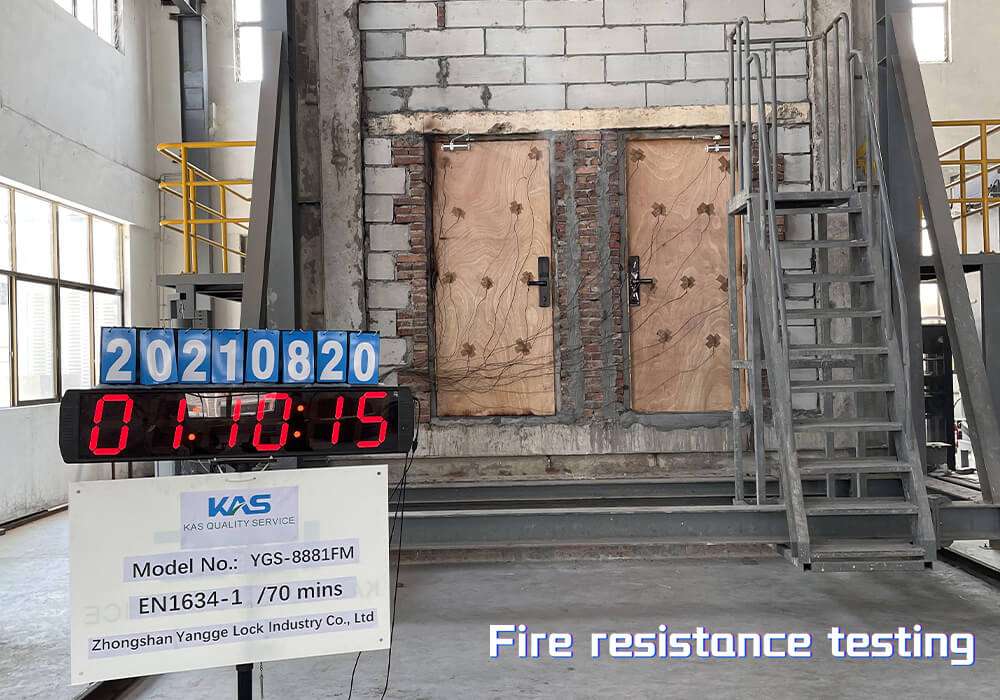
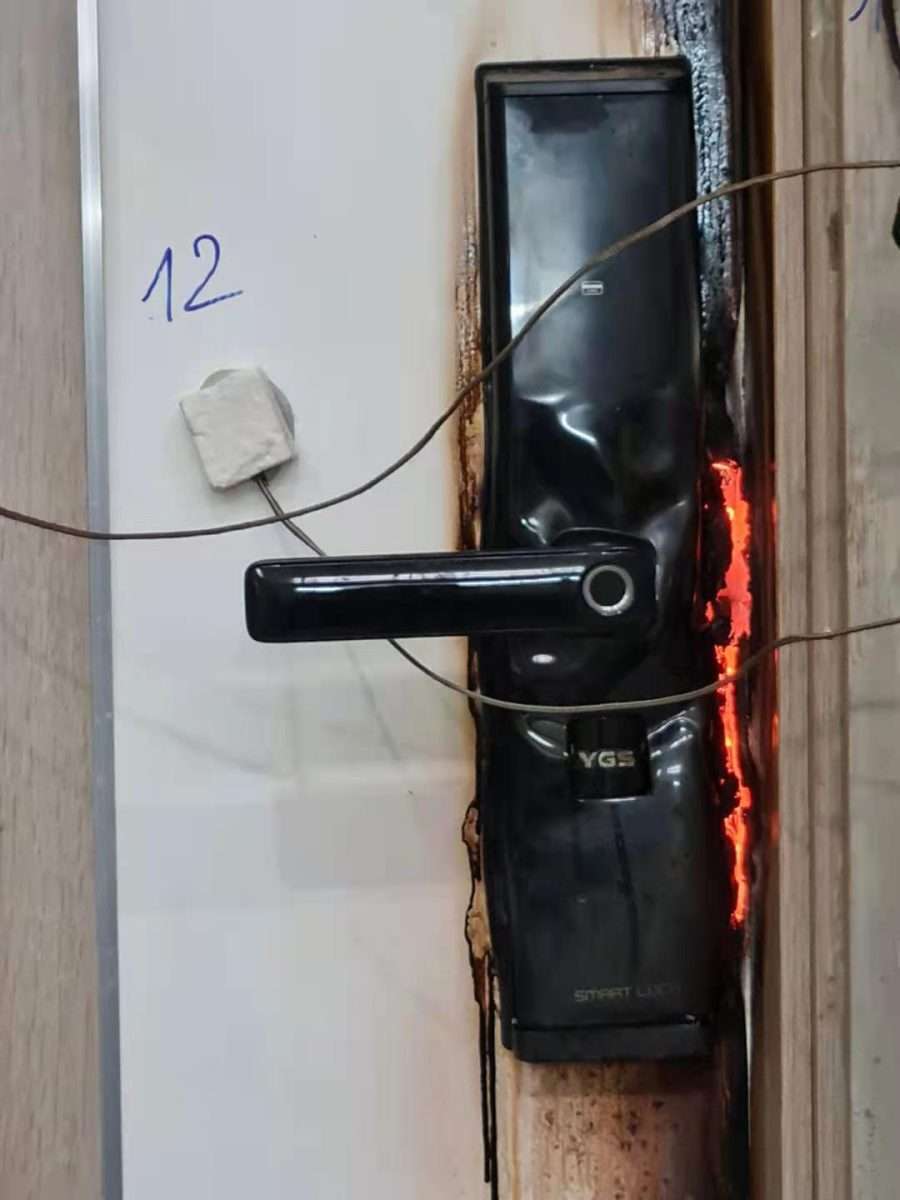
By heating the product for 68 minutes, it should not undergo any deformation, damage, detachment, or peeling that is harmful to fire resistance. Simultaneously, real-time temperature testing of the product should be conducted during the 68-minute heating.
Moreover, a smart lock with high-security performance should also include various anti-prying technologies. Simulate various door prying techniques and make adjustments to the smart door lock design to increase the layer of security of the door lock.

- Evaluate resistance to common hacking techniques.
Ever since the incident involving the “black box,” whenever smart locks are mentioned, people often ask, “The black box can open smart locks within three seconds” Is that true?
In fact, the black box, also known as the Tesla circle. It affects the internal electronic circuit of the smart door lock by generating high-frequency, high-intensity electromagnetic pulses, causing the door lock to reboot or experience signal interference, thus unlocking it. However, it is not a universal master key in itself.
Currently, many high-quality smart lock manufacturers have upgraded and improved their locks, making them capable of passing the black box test successfully.
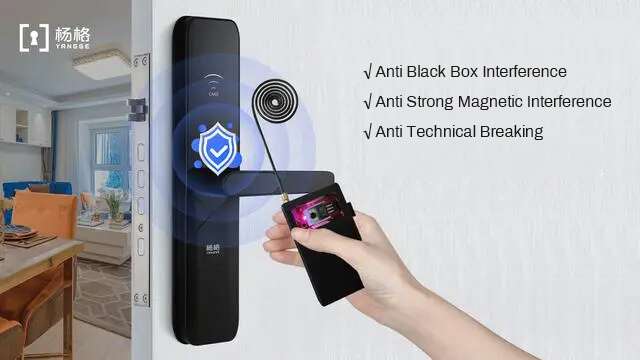
B. Performance Testing
This stage should include testing the speed and accuracy of the smart door lock’s unlocking or locking mechanism and the reliability of the lock’s sensor technology for identifying authorized users.
Test the effectiveness of authentication methods such as PIN code unlocking, temporary access code unlocking, fingerprint unlocking, key card unlocking, and mobile phone unlocking. Different smart locks offer different options for unlocking methods.
So tests should be conducted based on the specific unlocking methods provided. Specific testing contents should include response time, sensing distance, fingerprint/password/card capacity, etc. Through testing, issues such as skipping keys or slow responses can be prevented. The faster the unlocking speed and the higher the accuracy, the better the performance of the smart lock.
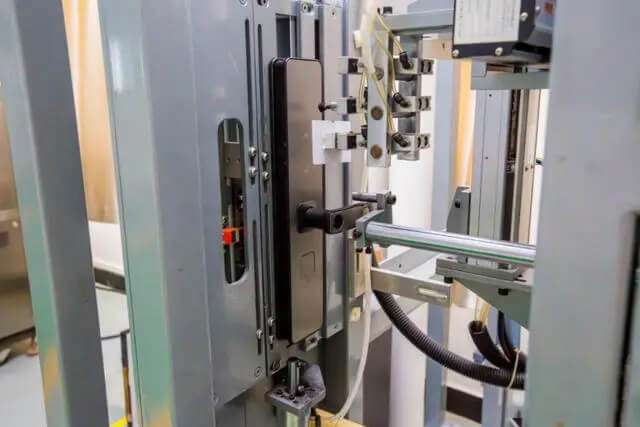
C. Usability Testing
From the ease of installation to the usage process, put yourself in the role of a user to experience the intelligent lock. Evaluate whether the lock offers ease of installation and what type of installation instruction manual is required. Also, assess the clarity and usefulness of the provided user manual or documentation.
Test whether the smart lock is user-friendly. This includes evaluating if the unlocking process is simple and easy, if the handle rotation force is appropriate, and the intuitiveness of the user interface used for setting up and managing the lock, among other factors.
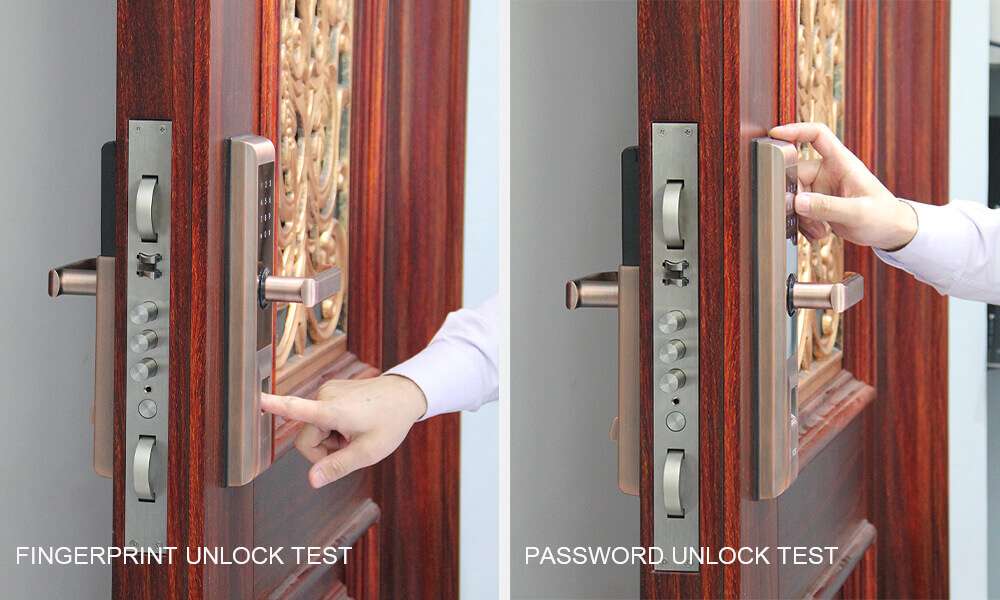
D. Durability Testing
To ensure the product’s reliability and stability, relevant smart door lock standards have established requirements for robustness and durability. Specifically, durability requirements are specified in these standards. For example, fingerprint anti-theft locks require continuous charging for seven days, with a minimum of 30 open-close cycles per day, while still functioning properly without any malfunctions.
Simulate environmental adaptability to ensure product stability in various usage environments. The general technical conditions for lock security specify that smart locks should operate normally within a temperature range of -25 degrees Celsius to +55 degrees Celsius.
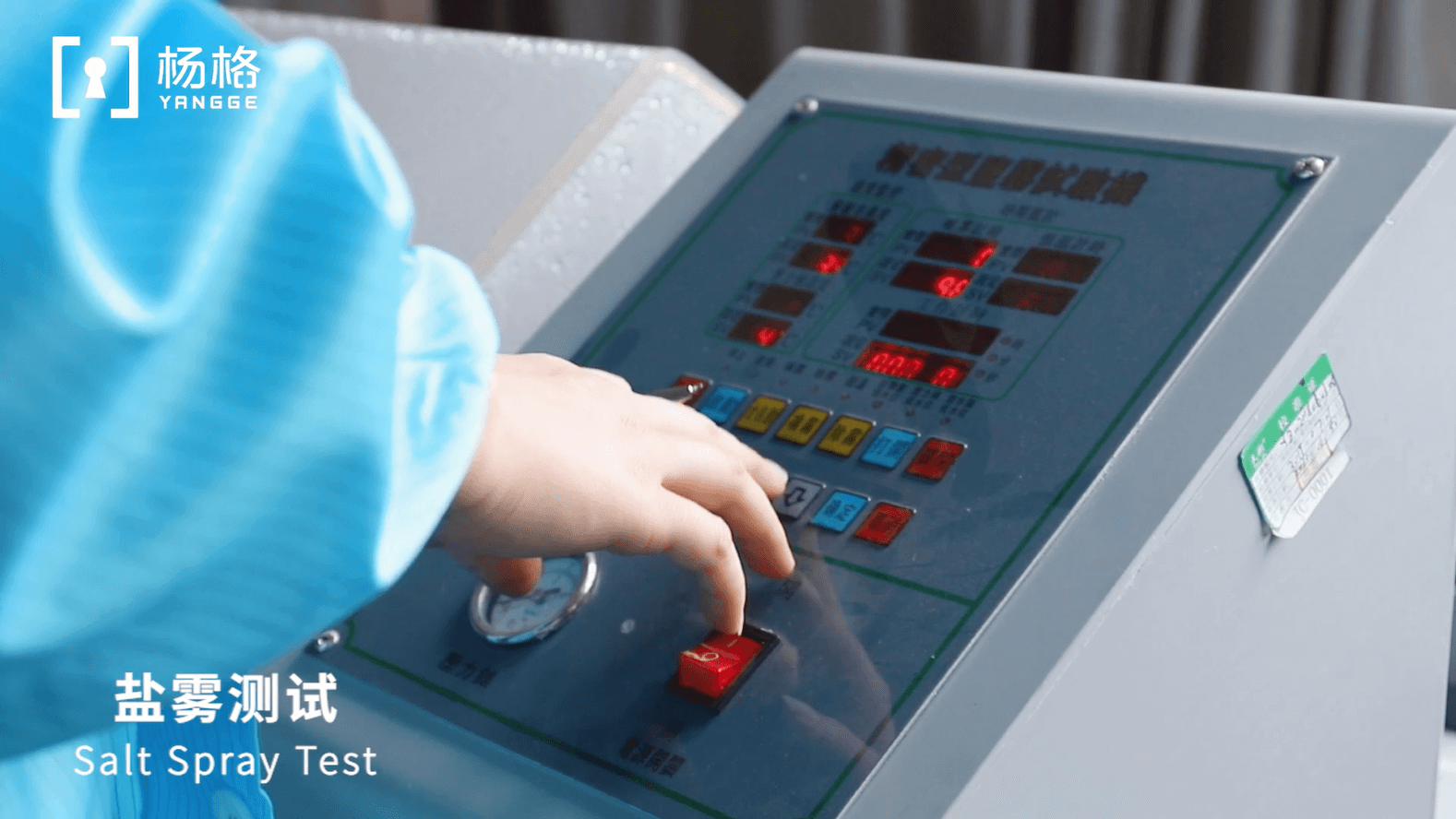

Additionally, there are lifespan tests for mechanical components such as locking mechanisms or touch-screen keypad buttons. Standard testing equipment is used to accurately measure these parameters.
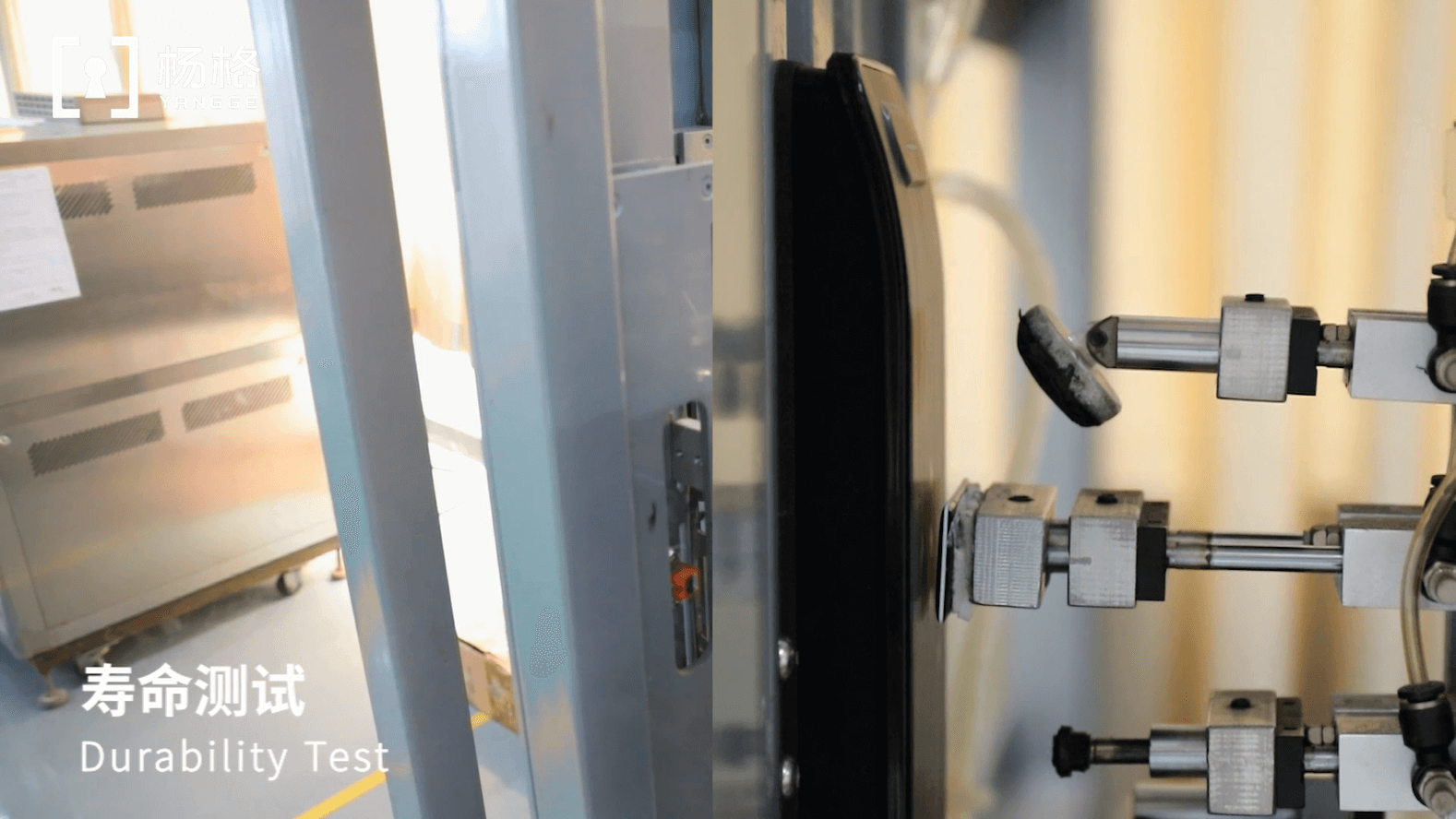
E. Battery Life Testing
This includes measuring the battery life of the smart lock under normal usage conditions, as well as evaluating power management features such as low voltage reminders and backup options during power outages.
According to the minimum industry standards for smart locks, most smart locks have an overall lifespan requirement of over 100,000 cycles. Assuming a usage frequency of 20 times per day and proper maintenance, they can be used for more than 10 years.
F. Compatibility Testing
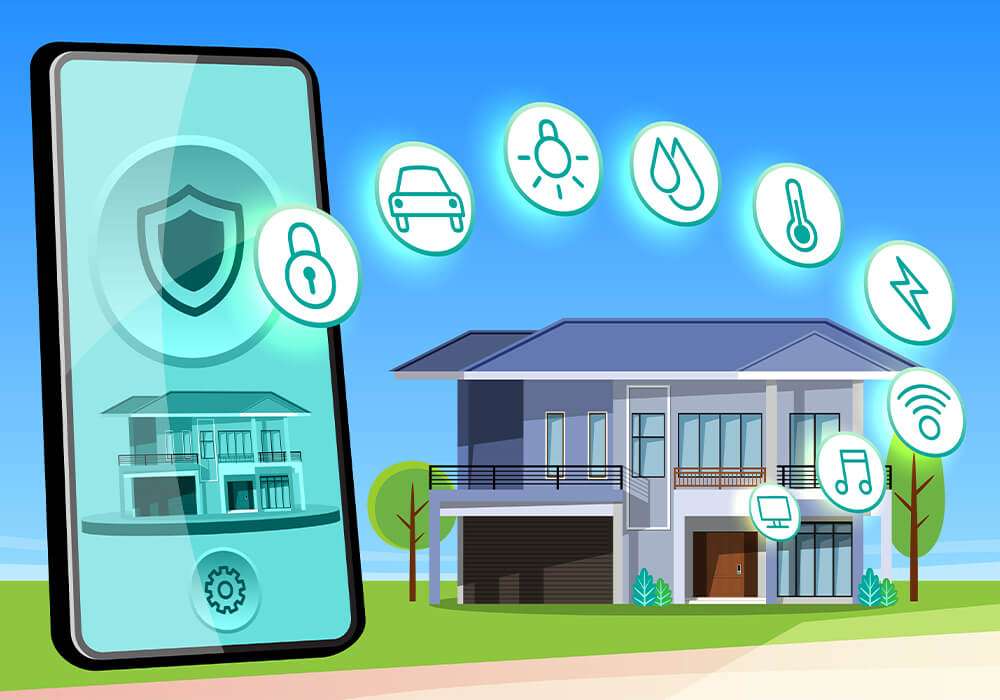
Compatibility testing should include the following aspects:
- Compatibility with different door types and sizes, as well as compatibility with common door configurations.
- Evaluation of the integration of the door locks with other security systems, such as doorbell cameras, alarm systems, and home automation hubs.
- Verification of integration with smart home compatibility, such as Amazon Alexa, Google Assistant, or Apple HomeKit.
By conducting rigorous compatibility testing, it can be determined whether the smart lock seamlessly integrates with various door types, security systems, mobile applications, voice assistants, and other smart home devices. This assessment helps identify any limitations or challenges in terms of compatibility, allowing users to make informed decisions when choosing a smart lock that best suits their specific needs and existing setup.
Top Chinese Smart Locks of 2023
Product: HUNE 918-1993-F
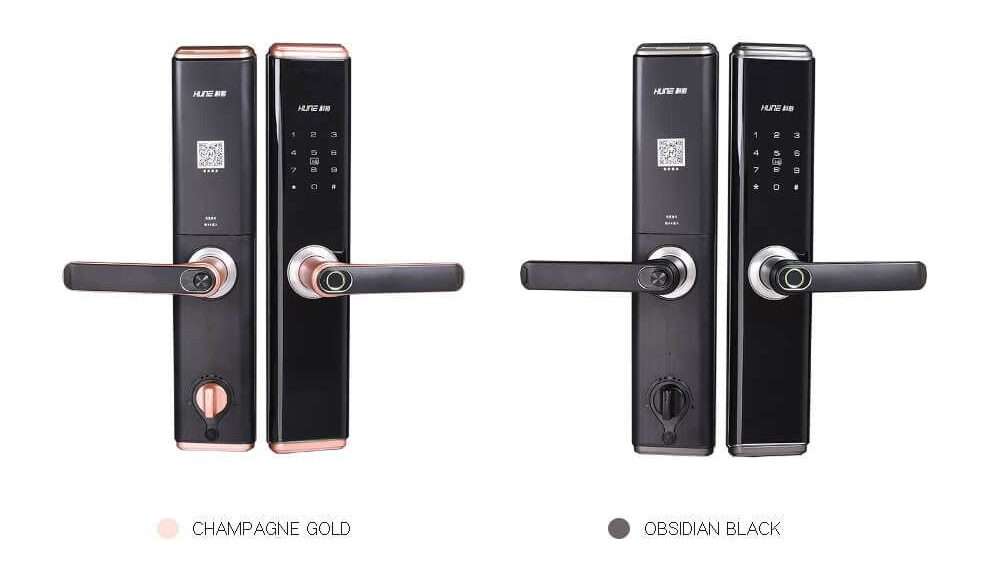
Product Feature:
- Stylish and minimalist exterior design with a strong sense of aesthetics.
- Multiple unlocking methods, including remote operation via mobile phone, convenience and smart.
- High-strength aluminum alloy construction with high oxidation resistance and corrosion resistance.
- Stainless steel lock tongue with excellent resistance to impact, corrosion, and wear.
- Huawei-sourced Swedish FPC semiconductor fingerprint module for sensitive recognition.
Brand Name: HUNE
Founded in 1993, HUNE is one of the early large-scale manufacturers of smart door locks in China, specializing in product research and development, production, sales, and maintenance. Their main products include fingerprint password locks, facial recognition smart locks, hotel proximity card locks, sauna cabinet locks, and more.
From: www.hune.cn
Product: BE-TECH i7A6FMTW-AN2
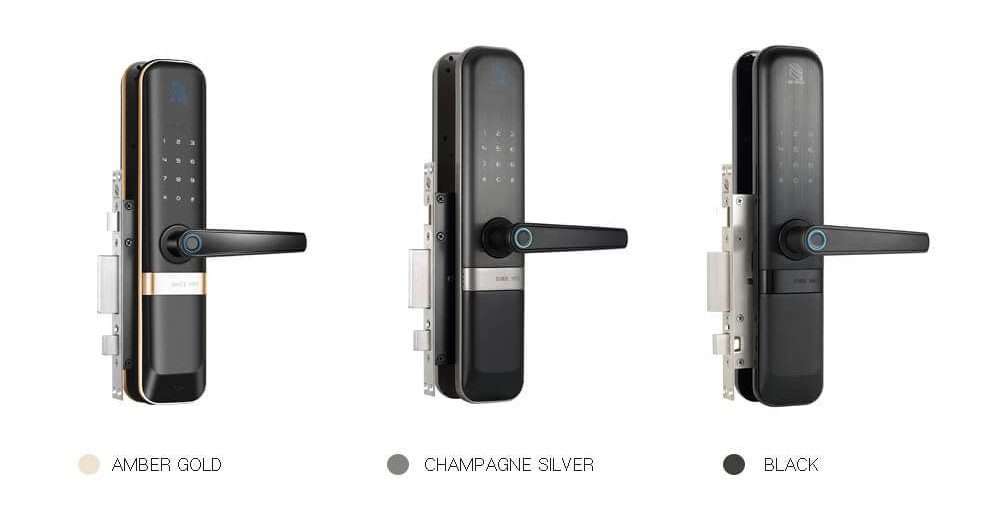
Product Feature:
- Multiple unlocking methods are available, including fingerprint access, password access, IC card access, temporary code access, smartphone app access, and more.
- Bluetooth connectivity enables unlocking and door lock management through WeChat mini-program, with optional NB-IoT functionality.
- C-grade key cylinder equipped, Anti-technical unlocking and foil-wrapped key theft, ensuring higher security performance.
- Unique fingerprint design on the handle with an integrated sensing ring, allowing for easy one-touch unlocking.
Brand Name: BE-TECH
BE-TECH is a dedicated provider of smart security solutions in China, specializing in smart door locks and IoT solutions for entrances and exits. Their main product lineup includes smart door locks, intelligent cabinet locks, smart boxes, smart access control systems, intelligent barriers, and more.
From: www.be-tech.com.cn
Product: ADEL US99
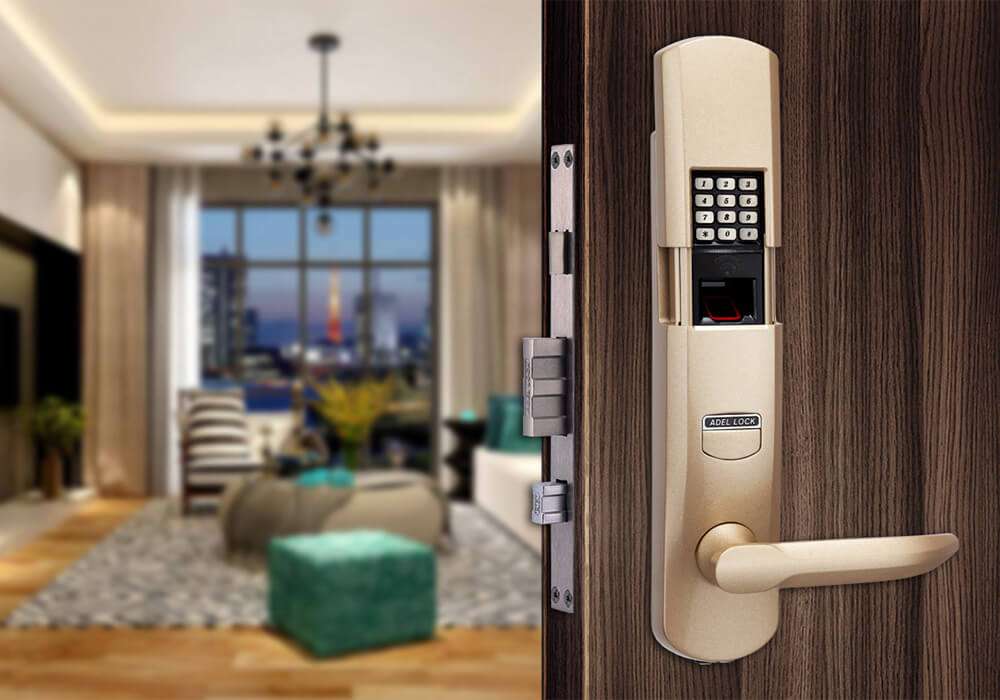
Product Feature:
- Adopts the Swedish FPC biometric live fingerprint module to prevent fingerprint replication.
- Fast response fingerprint recognition for quick unlocking (0.5S±0.2S).
- Unique lock face design with a hidden keyhole and a secure locking bolt, combining security and aesthetics.
- 30-digit anti-peeping virtual password unlocking for enhanced safety and reliability.
- 5200mAh large-capacity lithium-ion battery with low power consumption, ultra-long standby time, and cyclic charging usage.
Brand Name: ADEL
Established in 1991, ADEL is a renowned domestic brand in the fingerprint anti-theft lock industry. Their products are widely used in various scenarios, including ordinary households, high-end office spaces, luxury hotels, villa communities, and more. The main product categories include hotel locks, fingerprint locks, split locks, apartment locks, and others.
From: www.adellock.com
Product: YGS-8880
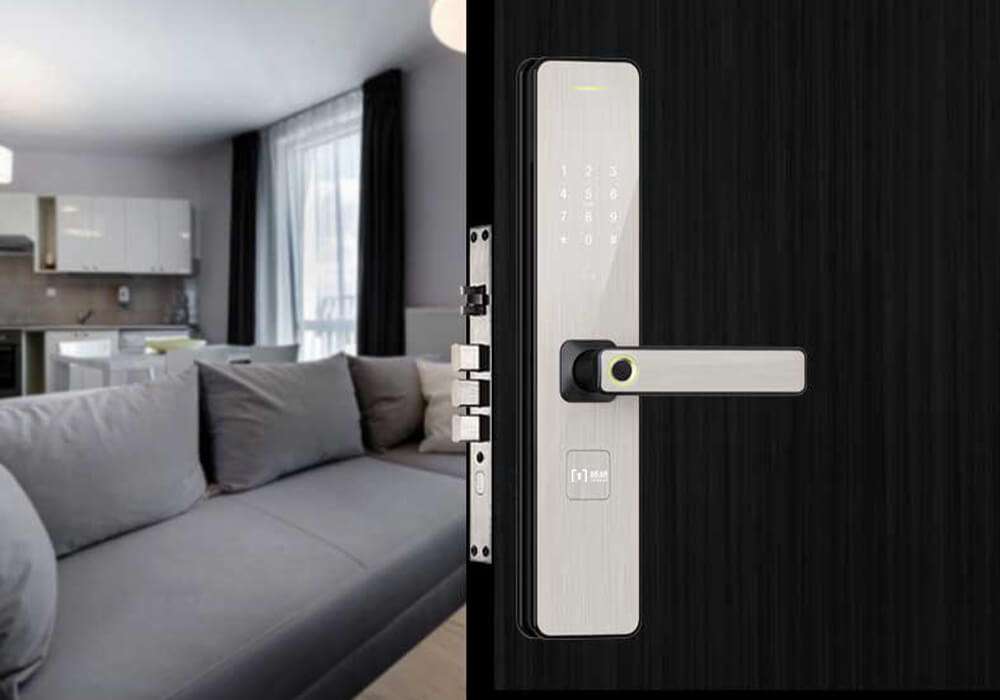
Product Feature:
- Multiple unlocking methods for a convenient and hassle-free lifestyle.
- Built-in alarm and equipped with various voice commands, more safety and ease of operation.
- Robust aluminum alloy panel with a delicate texture and fashionable design.
- Supports virtual password input and random password functions to effectively prevent password leakage.
- Compatible with various mortise types, suitable for 99% of doors in the market. An ideal choice for replacing old locks.
- Imported Swedish FPC semiconductor fingerprint sensor with accurate algorithm, capable of adapting to dry and wet fingerprints, ensuring sensitivity and durability.
- Allows integration with smart home platforms and smart devices, enabling remote monitoring of the lock status, battery status, one-touch remote access, and access records through a mobile app, realizing keyless entry.
Brand Name: YGS
YGS, established in 2000, is a leading brand in the hotel smart door lock industry, specializing in high-tech solutions for IoT locks and systems. Their product range includes security electric locks, magnetic locks, hotel smart locks, apartment locks, campus locks, as well as residential smart door lock products.
Link: YGS Website | Product Details
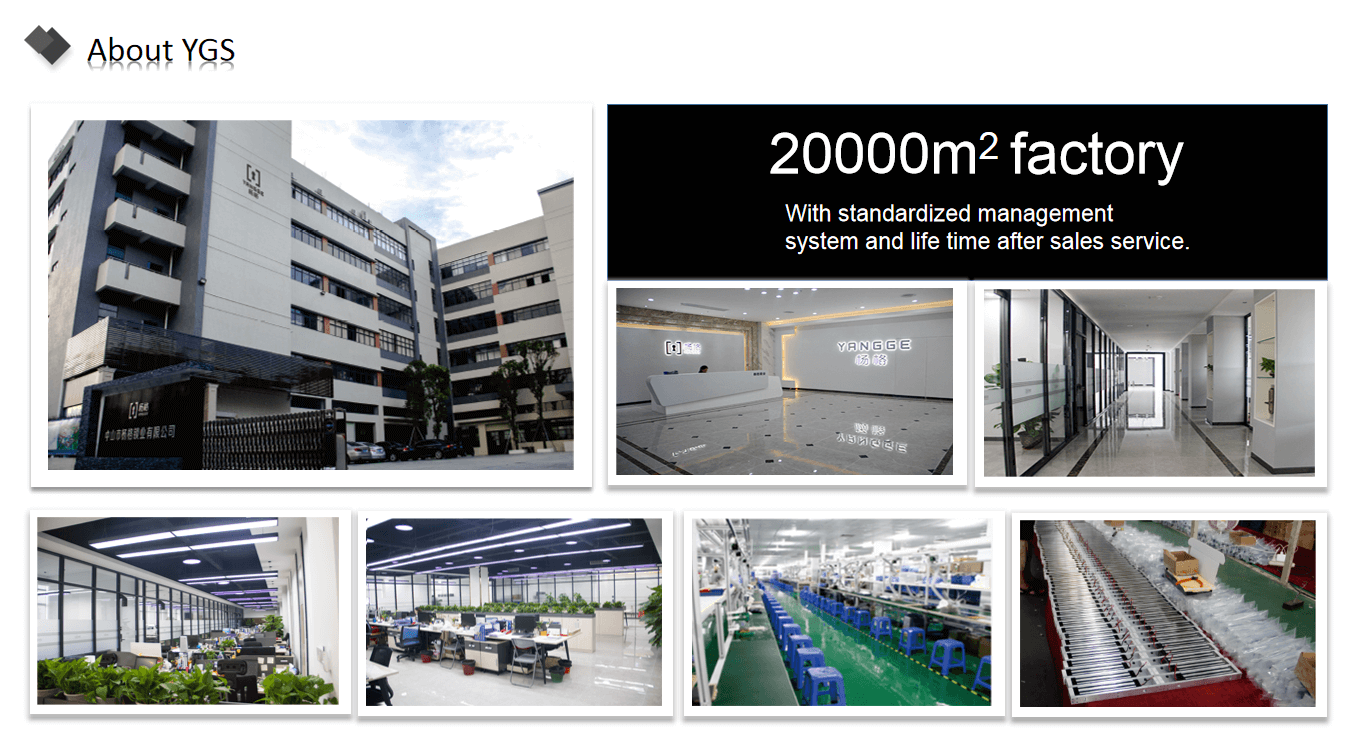
Brand Feature:
- YGS “Dual Mode Lock,” enabling multiple functions in a single smart lock. It serves as a home lock (fingerprint/password) and a hotel lock (key card). Users can easily switch between modes based on their requirements.
- YGS prioritizes hardware and software integration, particularly in advanced hotel systems. Their goal is to be a one-stop solution provider for wireless guest control systems and networked hotel locks. They offer comprehensive solutions for hotel upgrades, brand positioning, and efficient management.
- YGS possesses over 90 independent research and development patents. They have supplied their products to renowned hotels, chain hotels, and boutique accommodations, surpassing 200,000 units globally. Additionally, they have completed over 100 installations in campuses, apartments, and office buildings. Their product exports span across 80 countries and regions worldwide.
Common Questions about Smart Locks
5.1 Can I install a smart door lock by myself?
Of course. You can choose to install an intelligent lock by yourself if you are familiar with it. But please note that smart door locks are different from other products, and their installation is very important. While you can temporarily stop using other products if there are installation issues, it’s not the case with door locks.
As the saying goes, a lock is three parts usage and seven parts installation. The correct installation of a smart lock directly affects its security performance and future user experience. To reduce the probability of problems, we still recommend that you choose a professional smart lock installer to install it. Generally, they are more familiar with the installation process, so the probability of encountering issues is relatively low.
Currently, the door lock installation personnel can be roughly divided into the following three types:
Brand Staff
Brand staff are undoubtedly the most familiar with their own products since they install them every day. Practice makes perfect, so the chances of installation issues are very low. And they also provide guarantees in terms of service, making it more worry-free. However, not all brands have their own installation teams.
Outsourced personnel
Outsourced personnel deal with various brands, so their familiarity will inevitably be less than that of brand staff. However, compared to self-installation, the installation by outsourced personnel is more reliable. Most brands arrange outsourced personnel to complete the installation of smart door locks.
Independent locksmiths
Small brands usually hire independent locksmiths to install their products. These individuals mostly deal with traditional door locks in their daily work, and their familiarity and installation skills for smart door locks vary.
5.2 How are smart door locks powered?
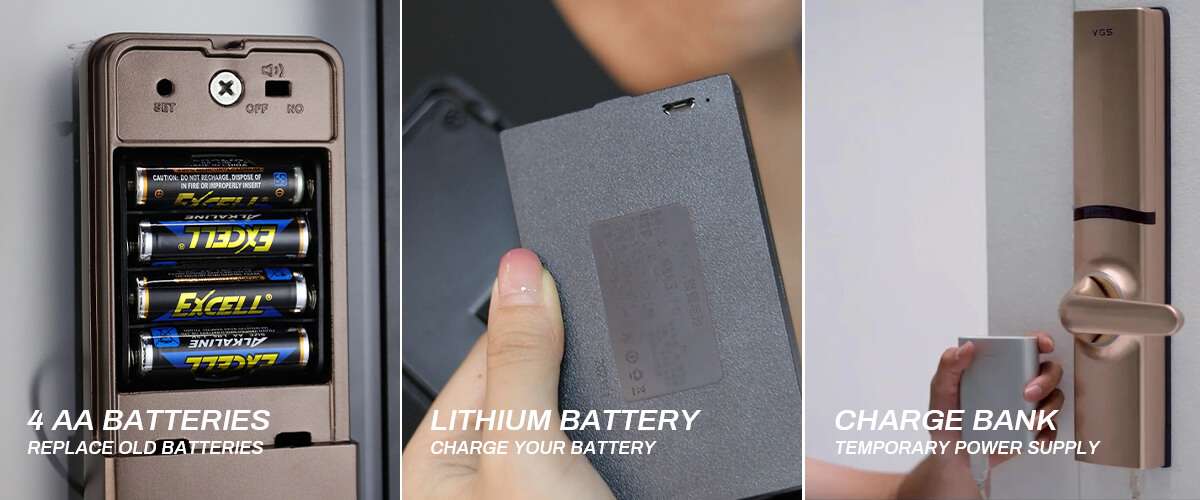
When purchasing a smart lock, most people consider the battery life. Currently, the power supply methods for most smart locks mainly consist of two battery types: 4 AA batteries and lithium batteries.
When making a purchase, try to choose a higher-capacity battery with longer battery life to avoid frequent replacement or charging, which can be quite bothersome.
Additionally, to cope with scenarios where the batteries are depleted, it’s best to choose a smart lock that has an emergency power supply interface. This allows the smart lock to be temporarily charged, making it more convenient to use. Currently, emergency power supply interfaces are generally Micro-USB or Type-C.
For more information on smart door locks and their battery compartment, please refer to [How Are Hotel Door Locks Powered? – FAQs Guide].
5.3 Can you provide some maintenance tips for smart locks?
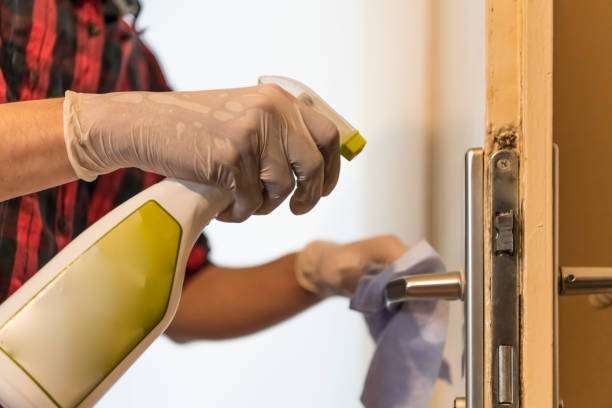
Certainly! Here are some maintenance methods for your reference:
- Avoid non-professional disassembly
The internal structure of a smart lock is often much more complex than traditional standard locks. It contains various high-tech electronic components. If you are not familiar with it, it is best not to disassemble it casually.
This is not only because its hardware design is different from traditional locks, but also because smart locks have built-in smart chips. The chip determines the security level and operation methods of the lock. Therefore, non-professionals should not attempt to install or disassemble it on their own.
- Lock cylinder maintenance method
When the key insertion and removal become difficult during use, you can apply a small amount of graphite powder or pencil lead to the lock cylinder slot to ensure smooth key insertion and removal.
However, avoid using any other oils for lubrication to prevent grease from sticking to the pins and springs, which can hinder the rotation of the lock cylinder and prevent it from opening.
- Avoid applying pressure to the smart lock
The lock handle is a crucial part for opening and closing the door. Its flexibility directly affects the use of the smart lock. Do not hang objects on the handle, as this seemingly convenient action can actually cause significant damage to the lock.
- Regularly check the batteries
Regularly check the batteries, especially in areas with higher temperatures. Poor-quality batteries are prone to leakage and corrosion. If you find low battery levels or signs of leakage, immediately replace them with new batteries. Also, do not mix old and new batteries. It is recommended to use specialized batteries for smart locks.
- Regularly wipe the fingerprint collection surface
After prolonged use, the biometric fingerprint scanner surface of a fingerprint lock may become damp or dirty. Use a dry, soft cloth to gently wipe it clean. While the security of the lock is the top priority, aesthetics are also important because it is the front entrance of your home.
5.4 Smart Locks vs Traditional Locks, which one is better?
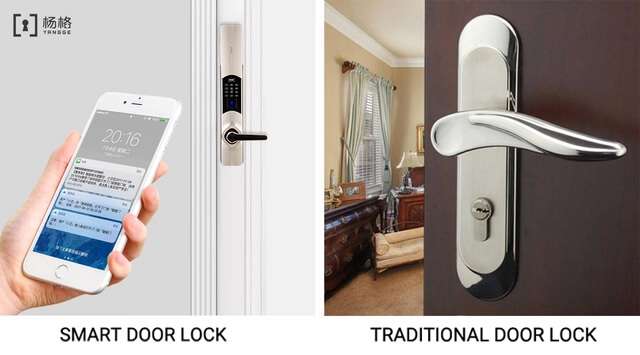
Currently, smart locks have integrated door locks, peepholes, and doorbells, offering comprehensive functionality. However, most people’s understanding of smart locks is based on knowledge from seven or eight years ago, thinking that smart locks only have a few additional unlocking methods compared to traditional locks.
In reality, the development of smart locks has not only diversified the unlocking methods but also focused on enhancing security. Let’s compare the differences between smart locks and traditional locks.
Appearance: In terms of appearance, smart locks outshine traditional locks. The technological and luxurious feel of smart locks cannot be compared to traditional locks, which is quite evident.
Unlocking Methods: Traditional locks can only be opened using mechanical keys, while smart locks offer a variety of unlocking methods. You can always find a method that suits your preferences for unlocking. Therefore, in terms of unlocking methods, smart locks are more convenient than traditional locks.
Lock Cylinder: Regarding the lock cylinder, in terms of security performance, C-grade > B-grade > A-grade. Whether you purchase a traditional lock or a smart lock, choosing a C-grade lock offers the highest security. Most current locks use C-grade lock cylinders. So in terms of lock cylinders, smart locks are superior to traditional locks.
Lock Body: The lock body is one of the components of an entire lock. Traditional locks use mechanical lock bodies, while some smart locks use electronic lock bodies. The advantage of electronic lock bodies lies in their ability to achieve auto lock and unlock and other functions, making them more advanced, secure, and convenient.
Security: Smart locks have advanced features such as abnormal alert notifications and unlocking records, which traditional locks lack. These smart features allow you to monitor any abnormal situations at your door at any time, enabling preventive measures. Therefore, the security level of smart locks far exceeds that of traditional locks.
Based on the above comparisons, smart locks are more convenient and secure than traditional locks.
For more comparisons between smart locks and traditional locks, please read: [Smart Door Lock vs Traditional: Which is Better?]
Related Blog
With more than 20 years of smart lock experience, YGS could provide a set of hotel door lock management solutions for your hotel business.

Apr 29, 2023 | Resources
When it comes to building security, traditional locks and keys may no longer be enough. As advanced technology solution continues to evolve, it’s important to keep up with the latest advancements in smart security systems. One of the most promising…
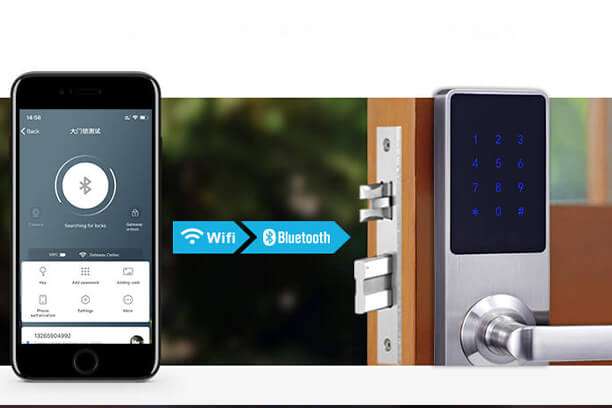
Mar 15, 2023 | Resources
In today’s technological era, smart devices are becoming increasingly popular in our daily lives. We can see a variety of smart devices everywhere, including smart door locks, smart robots, smart homes, and…
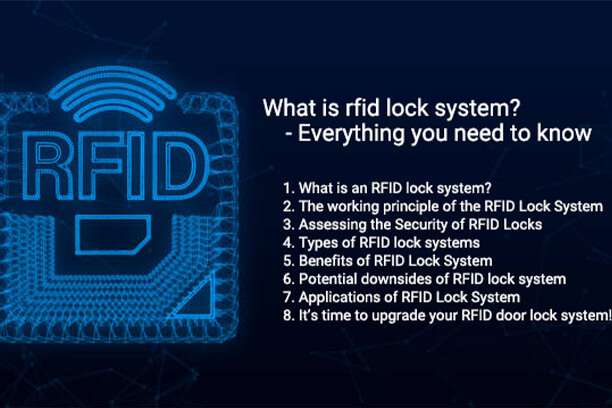
Mar 21, 2023 | Resources
One of the most common applications of RFID locks is in the hotel industry, where they are used to provide secure access control to guest rooms and other hotel amenities. In this article, we’ll provide a comprehensive introduction…
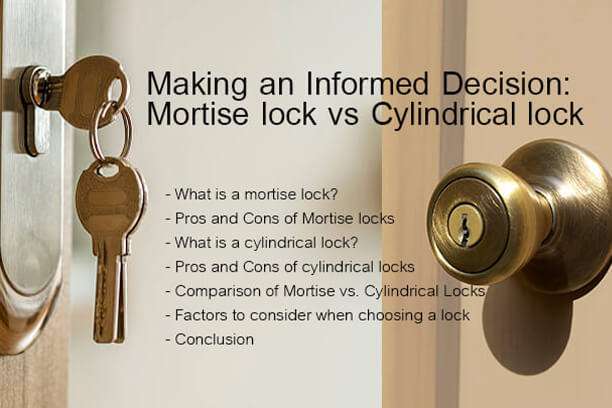
Feb 28, 2023 | Resources
When it comes to choosing a lock for your home or business, there are a lot of factors to consider. Two common types of locks that are often compared are mortise locks and cylindrical locks. While both offer a degree of security, they have significant differences in…
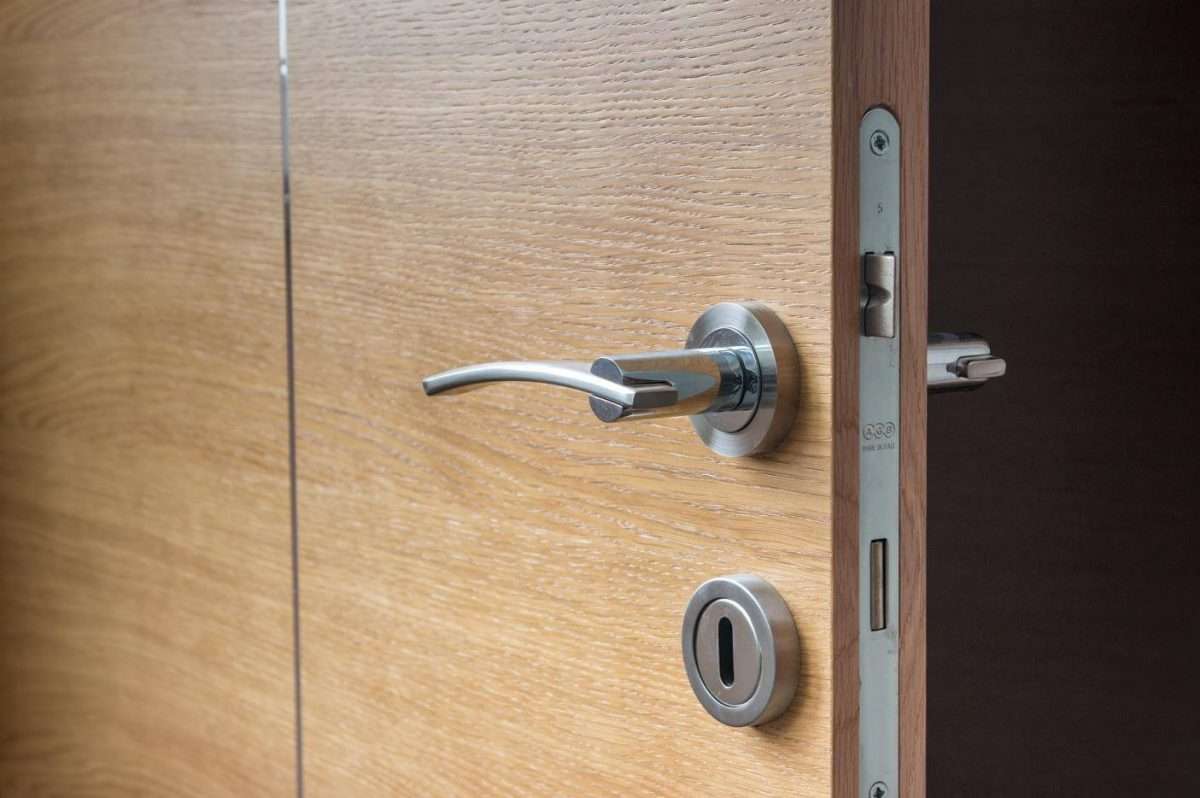
Feb 9, 2023 | Resources
Various types and styles of electronic locks have been developed over the years, and they are widely used in hotels, apartments, schools, office buildings, and other settings. Among them, the hotel is the first place to use electronic locks. The latest technology is…
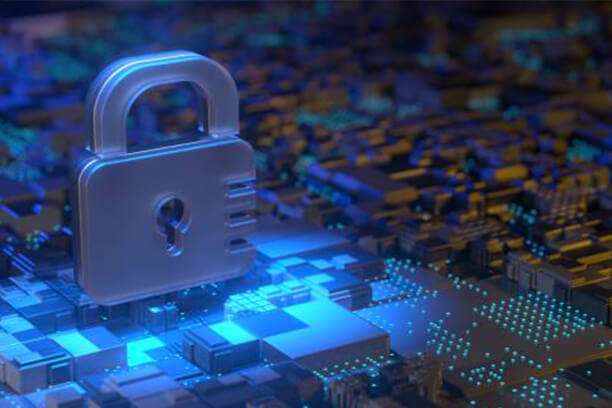
Oct 19, 2023 | Resources
Different from traditional deadbolt locks, hotel intelligent locks is a compound lock with security, convenience, and advanced technology. There are various smart locks in the modern market, two common types are non-wifi smart lock and wifi smart lock. Many people don’t know…

